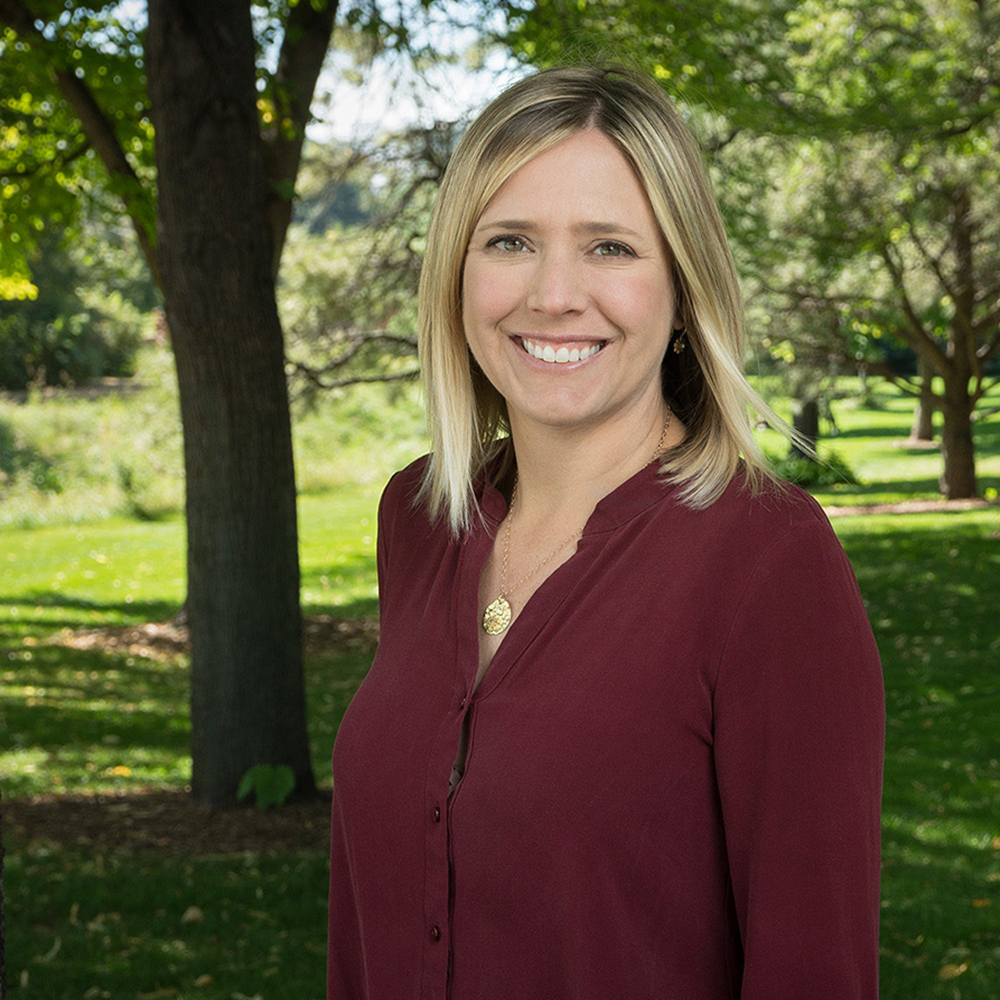Updated 9/23/22: Watch Courtney Schultz's testimony to the Senate Committee on Agriculture, Nutrition, and Forestry on "The Western Water Crisis: Confronting Persistent Drought and Building Resilience on our Forests and Farmland" or read her full written testimony.
“Drought is projected to cost [Colorado] more than $500 million in annual agricultural damages by 2050.
– Testimony from Courtney Schultz
Associate Professor of Forest and Natural Resource Policy, CSU

Courtney Schultz, an associate professor of forest and natural resource policy, is traveling to Washington, D.C., to speak with the U.S. Senate Committee on Agriculture, Nutrition and Forestry’s Subcommittee on Conservation, Climate, Forestry, and Natural Resources to discuss Colorado State University’s extensive work related to climate change.
A faculty member in the Department of Forest and Rangeland Stewardship in the Warner College of Natural Resources, Schultz is one of five national experts scheduled to testify during the subcommittee hearing “The Western Water Crisis” on June 7.
Schultz plans to discuss the importance of maintaining resilient forests and farmland in the era of climate change, detailing CSU’s strengths in climate research, extension and education, as well as share ideas for improving forest management and growing research around climate.
Schultz’s research sits at the intersection of science and policy, focusing on policy innovations to support collaborative landscape restoration, effective fire management and climate change adaptation of U.S. forestlands. She also leads the CSU Climate Adaptation Partnership, a group designed to foster collaborations among CSU researchers and center leaders that work on climate adaptation.
The Committee on Agriculture, Nutrition and Forestry works to establish, guide and examine agricultural policies. The committee specifically focuses on commodity price and income supports, trade, research, food safety, nutrition and conservation.
U.S. Sen. Michael Bennet, who recently toured CSU’s Agricultural Research, Development and Education Center, is a member of the committee, and chair of the subcommittee holding this hearing.
“Climate change is having enormous effects in Colorado with increased drought, fire, heat, smoke and other impacts,” Schultz said. “The implications for our state are profound. I’m excited the Senator is holding this hearing and to highlight some of our outstanding work on these issues at CSU.”